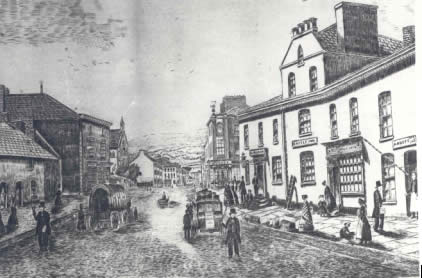Elgg 1.0 – “a social application engine that can power all kinds of different sites and applications”
It is a great pleasure to report what seems to be very good news from elgg. These two extracts form recent posts on the Elgg news blog.
“When Ben Werdmuller stood up at the Elgg Jam 2007, he announced an advanced version of Elgg – version 1.0 – that would come with no features, and allow you to pick and choose exactly which functionality you required on your social web application. Later the same year, Curverider began talking about Project Searunner, an API-based back-end for the easy creation of distributed web applications. Today we are pleased to announce that they are the same thing. ”
“From the beginning,
Elgg 1.0 won’t ship with any end-user features; you can think of it as a social application engine that can power all kinds of different sites and applications. In fact, there are three major ways you can use the new Elgg core:
* As a web application in a box, as it always has been.
* As a collection of back-end PHP libraries.
* As a back-end API that you can use as the building blocks of any socially-aware networked application in any language.
With this in mind, who are we to tell you what features you need? The original Elgg codebase came with profiles, a blog, a file repository, communities and an RSS aggregator. On many of the communities we’ve built, forums or microblogging has been much more popular than blogging (it depends on the audience, but a lot of people don’t enjoy writing mini-essays on a regular basis). What if you want to use those instead? Or you want to use it as the engine for a company intranet, or an online game, or a virtual learning environment?
By taking out the features and letting you pick and choose exactly what you want, Elgg becomes a much more powerful system. The plugin system, incoming and outgoing APIs, data import/export and documentation are the major features, as well as user handling and social networking logic. Everything else is optional. In fact, we intend to release the core to download before any extra features are even developed.
On the web as a whole, this reflects how applications have evolved. The era of the all-encompassing, unfocused social network has come and gone; Elgg allows you to build systems that are specific to a particular market or audience, with exactly the features you need.”
If you are worried about maintaining all the features from the ‘old’ Elgg, Ben says that will now be maintained by Misja Hoebe as Elgg Classic.


